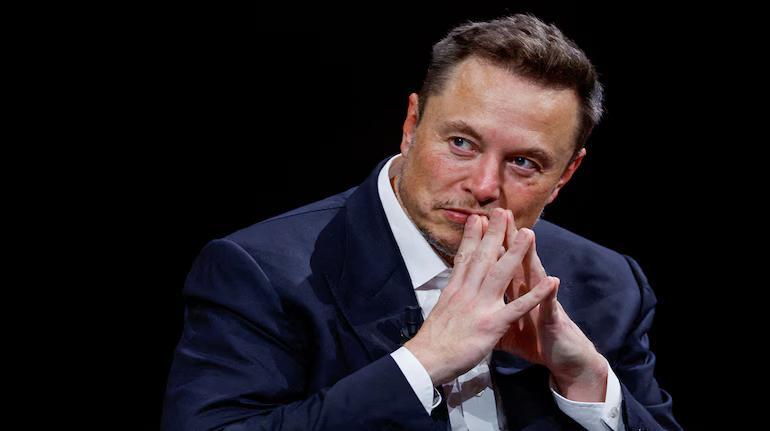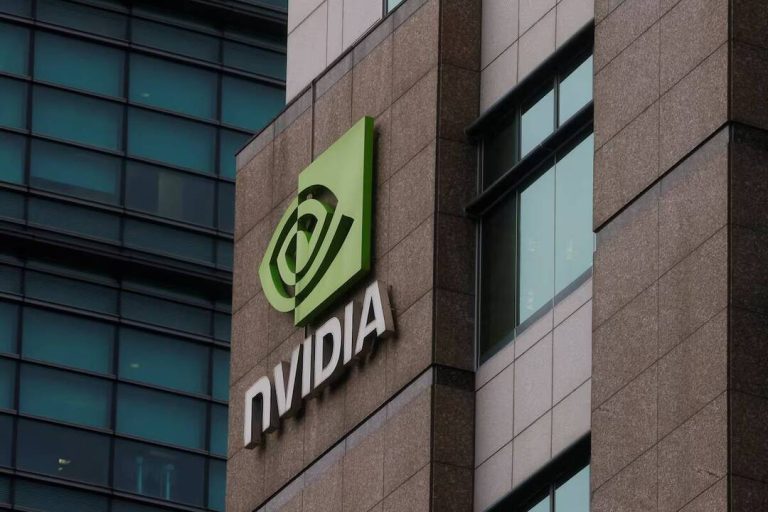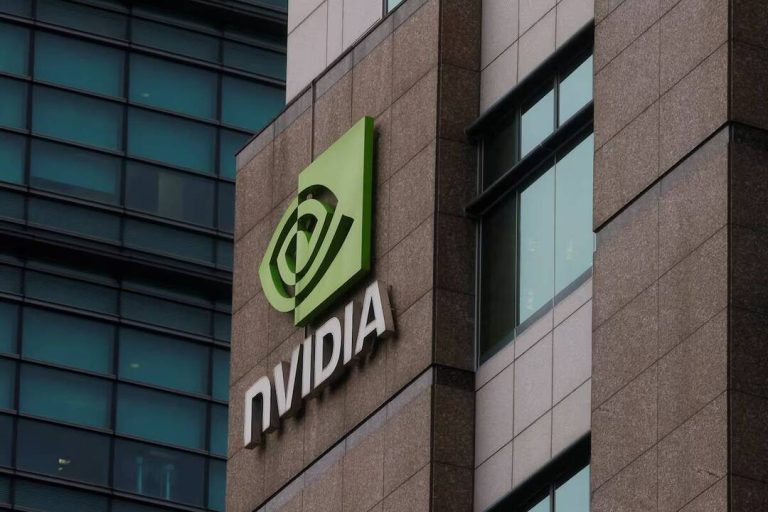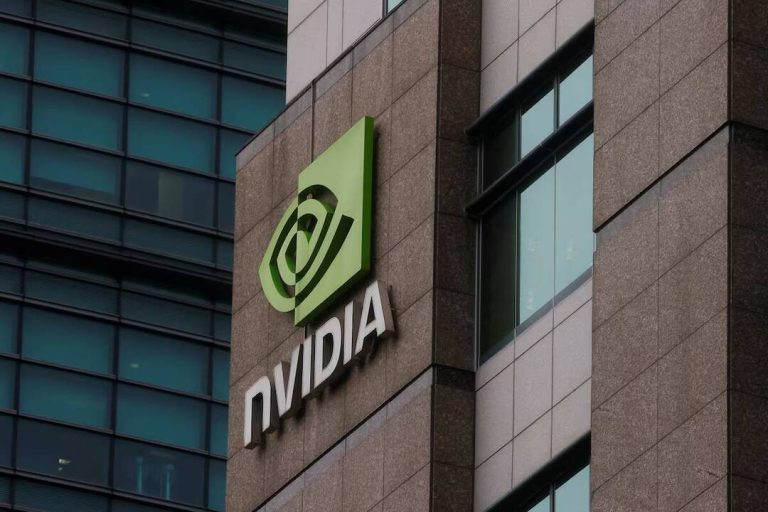
Poverty an engineering issue, AI & humanoid robots will end it: Musk
The world has been grappling with the issue of poverty for centuries, and it continues to be one of the most pressing problems of our time. Despite the many efforts made to eradicate poverty, it still persists, affecting millions of people around the globe. However, according to billionaire and xAI CEO Elon Musk, poverty is not an insurmountable problem, but rather an engineering issue that can be solved with the help of artificial intelligence (AI) and humanoid robots.
Speaking at the US-Saudi Investment Forum, Musk opined that AI and humanoid robots will eliminate poverty, and that these technologies are the only way to make everyone wealthy. He stated that as AI and robotics advance, money will eventually stop being relevant in the future. This is a bold claim, but one that is not entirely far-fetched, given the rapid progress being made in the field of AI and robotics.
Musk’s argument is that poverty is primarily a problem of scarcity, and that AI and robotics can help to increase productivity and efficiency, thereby making it possible to produce more goods and services with less labor. This, in turn, could lead to a significant reduction in the cost of living, making it possible for everyone to afford the basic necessities of life. With the help of AI and humanoid robots, Musk believes that we can create a world where everyone has access to abundant resources, and where poverty is a thing of the past.
One of the key ways in which AI and robotics can help to eliminate poverty is by automating many of the tasks that are currently performed by humans. This could include everything from manufacturing and agriculture to transportation and healthcare. By automating these tasks, we can free up human labor to focus on more creative and high-value work, such as art, science, and innovation. This, in turn, could lead to a significant increase in productivity and economic growth, making it possible to provide a high standard of living for everyone.
Another way in which AI and robotics can help to eliminate poverty is by providing new opportunities for education and skill-building. With the help of AI-powered learning platforms, people can access high-quality educational resources and training programs, regardless of their geographical location or socio-economic background. This could help to level the playing field, and provide everyone with the skills and knowledge they need to succeed in the modern economy.
Musk’s vision for a future where AI and humanoid robots have eliminated poverty is an exciting one, and it is clear that he is passionate about the potential of these technologies to transform the world. However, it is also important to consider the potential risks and challenges associated with the development and deployment of AI and robotics.
One of the main concerns is that the increased use of automation and AI could lead to significant job displacement, particularly in industries where tasks are repetitive or can be easily automated. This could exacerbate existing social and economic inequalities, and make it even more difficult for people to access the resources and opportunities they need to thrive.
Another concern is that the benefits of AI and robotics may not be evenly distributed, and that some individuals and groups may be left behind. This could be due to a variety of factors, including lack of access to education and training, or limited opportunities for employment and entrepreneurship.
Despite these challenges, Musk remains optimistic about the potential of AI and robotics to eliminate poverty. He believes that with the right approach, and a commitment to ensuring that the benefits of these technologies are shared by all, we can create a future where everyone has access to abundant resources and opportunities.
In conclusion, Elon Musk’s claim that poverty is an engineering issue that can be solved with the help of AI and humanoid robots is a compelling one. While there are certainly challenges and risks associated with the development and deployment of these technologies, it is clear that they have the potential to transform the world and eliminate poverty. As we move forward, it will be important to consider the potential implications of AI and robotics, and to work towards ensuring that the benefits of these technologies are shared by all.






